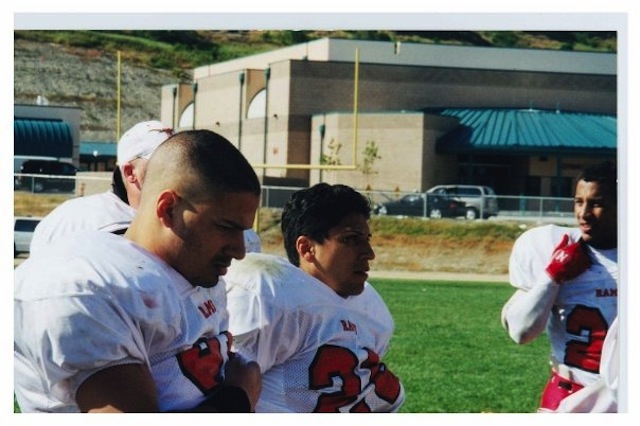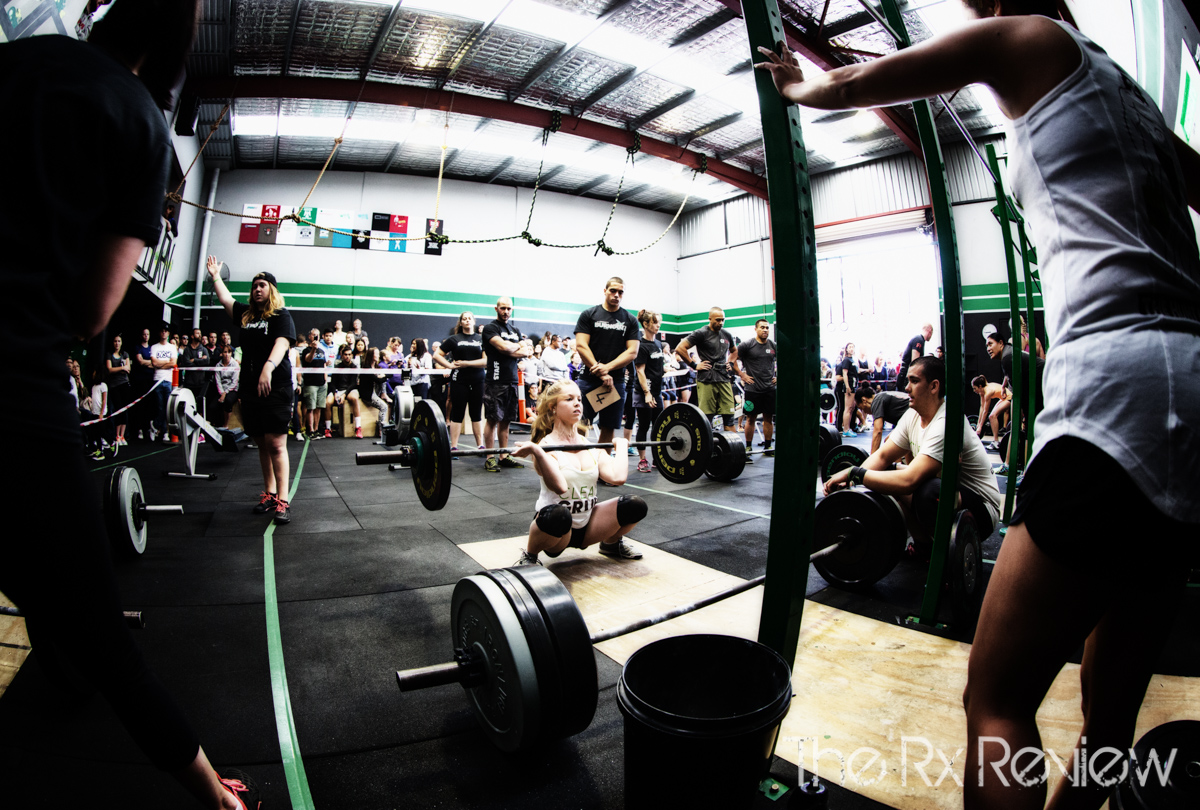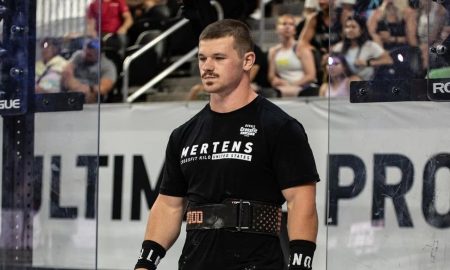
The NFL is one of the most athletically tasking and demanding sports leagues in the world. While the regular season only lasts around 3-4 months, shorter than many other sports, the physical toll it takes on the players’ bodies means they are pushing themselves to the limit for at least 17 games in a season. With big hits and big plays week-in-week-out, these athletes need to be at peak fitness levels and their diets and fitness regimes are followed by them religiously.
With the Super Bowl approaching, many players are now entering the postseason where they will be demanding even more of themselves. The Super Bowl odds currently have the 49ers as favorites to lift the Vince Lombardi Trophy this season and they will be planning their diets and workouts meticulously around the playoffs and beyond.
Diet
Diet is of course an incredibly important factor of an NFL players day-to-day life. While the diet itself will be nuanced between players depending on their unique skillsets and on-field duties, many will typically eat 5-6 meals a day. They will also all take on a diet consisting of high protein, complex carbohydrates and healthy fats.
Of these macronutrients, protein is one of the most important for athletes and especially those in the NFL. Protein helps to build and repair muscle tissue which aides recovery and encourages muscle growth. It also produces hormones and enzymes as well as boosting the immune system. The sheer amount of wear and tear that players go through in a single game, let alone across an entire season, means it is incredibly important that they are taking in protein to help their recovery. Chicken, beef, eggs and nuts and pulses are all great sources of protein and supplements like shakes and bars also help for pre and post-workout.
While the average daily caloric intake for men and women is around 2,500 and 2000 respectively, NFL players’ are significantly higher. Be it gameday, practice or workouts, they are burning far more calories than the average adult meaning they must make up for it and take on around 4000 calories per day. This can differ depending on the players build and position however. For example, offensive linemen are likely to need huge frames meaning their likely to take on around 6000 per day.
Carbohydrates are also very important for football players. They use their aerobic and anaerobic system to help sustain cardiovascular performance and short, high-intensity activity such as sprinting respectively. Carbohydrates helps fuel these systems meaning many players will eat foods such as pasta, bread and whole grains.
Many players will even take part in the dietary practice ‘carb loading’ to maximize glycogen stores, so athletes can go at a higher intensity for a longer amount of time. To achieve this, they consume larger amounts of carbohydrate at meals and snacks up to 1-3 days prior to competing.
Training
The training routines of NFL players are very nuanced and are personalized according to each players position on the field. They are also dependant on their playing schedules and recovery or rehab from injuries. Most players though will train for around three or four hours per day during the season. Training will often be high intensity, though not so high it could risk injury. It is usually a mixture of tactical training such as route running and defending as well as cardio and weights. Rest is also very important, however, and it is imperative that they allow their bodies a period of time to rejuvenate and heal from any fatigue, especially after playing. Luckily, every NFL team has state of the art training facilities. And all of this can be done on site on their fields and gyms worth millions of dollars.
It does not simply finish once the season is over too. While they may have earned any rest they get, they must still remain fit and ready to return to their training camps in the summer as to not be left behind by their teammates and especially by their opponents when the regular season restarts.
Summary
Being an NFL player is a full time job whether it’s the offseason, regular season or playoffs. These are elite athletes who work just as hard off the pitch to maintain their performances on it. Maintaining a healthy diet and strong fitness regime is imperative to the success of them and their team. Coaches are ruthless, and rightfully so, and if you are not fit enough you could find yourself cut from the roster. Even third, fourth, fifth string players must be fit and ready to go at a moments notice should there be any sort of injury crisis on the roster. The intricacies of their diets and training are of the utmost importance, integral to their success and growth as a professional athlete.

















Follow Us